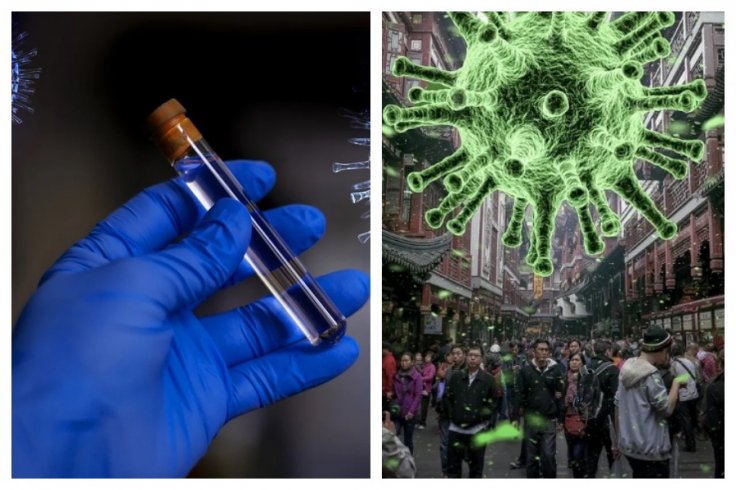Since January this year, Coronavirus pandemic has taken over 400,000 lives, infecting over 7 million people worldwide. With no vaccine and a hundred percent effective drug to treat patients, it has been challenging for the doctors. However, two new drugs — one in Australia and the other in the U.S. — are showing promising results.
In COVID-19 patients, the virus causes blood clots which in turn cause breathing difficulties, heart attack, stroke and even organ failure, leading to death. Australian researcher Professor Shaun Jackson has developed an experimental drug that can treat the formation of blood clots among Covid-19 patients.
Led by Scott Pegan from the University of Georgia, the esearchers team has developed a naphthalene-based compound to halt the activity of the PLpro protein released by the SARS-CoV-2 virus.
Blood Clot buster
In particular, the drug developed by the researchers at the University of Sydney and the Heart Research Institute, under Jackson's supervision, is of high significance. At present, people with underlying conditions such as heart diseases are prone to suffer blood clots, which is more dangerous compared to a healthy person. The drug can help treat such patients.
The study showed that 45 percent of the COVID-19 patients had micro clots in lung capillaries while one out of four patients developed pulmonary embolism during their stay in the intensive care unit (ICU).
The drug, however, was in development to treat blood clots in patients with heart conditions. But with COVID-19 accelerating the demand for an answer to treat patients, Jackson found the drug to be helpful in treating blood clots during Phase 1 trial of 72 people. He now wants to move to Phase 2 immediately to test the effectiveness and safety of the drug in COVID-19 patients who are in critical condition.

"Given the devastation caused by widespread blood clotting, we believe it is vital that we run a clinical trial as soon as possible in high-risk COVID-19 patients," said Jackson adding that if the drug is proved to be successful "organ failure and death in many thousands of cases could be avoided".
Naphthalene-based compound
The other study found naphthalene-based PLpro inhibitors, a set of drug-like small molecules, to be effective in stopping the replication of the virus. The compound was developed 12 years ago during the Severe Acute Respiratory Syndrome (SARS) outbreak that took 774 lives with a mortality rate of over 10 percent. However, as the disease disappeared, its development was stopped.
The researchers used modelling techniques to differentiate between the SARS and COVID-19 outbreaks and suggested potential inhibitors for testing. They are working on synthesizing the new compound and present it to the Food and Drug Administration of the U.S.

"We see the current coronavirus is probably going to be with us for a while — if not this one, then probably other types of coronaviruses," said Pegan. "These compounds are a good starting point for therapeutic development. They have all the properties you would typically want to find in a drug, and they have a history of not being considered toxic."
Currently, a cocktail of different drugs beside remdesivir, a drug to treat Ebola patients, and hydroxychloroquine, an anti-malarial drug, are used to treat patients with variable results.









